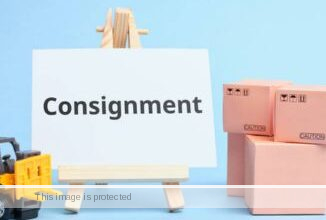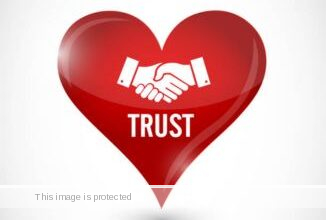NFT Yahoo Format (How Gee Boys are Billing Clients $3k Online)
Lot of people are searching online for the NFT Yahoo format?
The goal of this post isn’t to promote fraud, but to create awareness to avoid one falling victim to scam this year.
Getting started…
NFT Yahoo Format
Non-fungible tokens (NFTs) are a one-of-a-kind digital asset belonging only to the owner and existing on a blockchain, meaning a digital ledger.
You could think of one as a unique and collectible piece of artwork — just stored on the web.
As NFT popularity rose, so did public interest in NFT scams.
So, make yourself aware of the tricks and schemes used to deceive people.
How do NFT scams work?
Most online scammers are attracted to the monetary value attached NFT, which is why they adapt their typical hacking methods, such as social engineering and phishing, to break into crypto user accounts and steal NFTs.
NFT scams work by either stealing your cryptocurrency wallet login credentials or tricking you into believing you successfully purchased or sold a legitimate NFT.
1. Phishing
- To buy your first NFT, you’ll need to sign up for a wallet like MetaMask that transacts on the Ethereum blockchain.
- Phony advertisements that link to normal-looking login pages, such as MetaMask or other popular websites, and ask for users’ private wallet keys or 12-word security seed phrases.
- When the scammer gets a hold of your private information through a phishing attempt, they can drain all the crypto in your digital wallet.
2. Pump-and-dump Schemes
- Here, a group of people buy up a bunch of NFTs or currency and artificially drive demand way up.
- Once they are successful, the schemers cash out when prices are high and leave those who weren’t in on it behind with worthless assets.
3. Bidding Scam
- This happens in the secondary market after you’ve purchased your NFT, and you want to resell it to the highest bidder.
- Once you list your NFT for sale, bidders might switch up the cryptocurrency used without telling you.
- Instead of receiving 5 ETH (roughly $15,000 to $20,000) for your favorite NFT, you could get $50.
- So, double-check the currency used and never accept a lower bid than what you want.
4. Counterfeit or Plagiarized NFTs
- Scammers online could easily steal an artist’s work and open a fake OpenSea account where they list counterfeit artwork for auction.
- This would make your NFT essentially valueless once the community finds out what that scammer is up to – and there’s no way to get your money back.
5. Replica and Fake NFT Stores
- Scammers spin up websites that look exactly like the original ones and try to trick users into either logging in with their credentials or give away their credit card information.
- The replica NFT stores could use a legitimate NFT store’s logo, have a similar website layout, and sell NFTs available on the legitimate store or that do not exist.
How to Avoid NFT Scams
- If you ever receive a direct message from someone who claims to be a founder, celebrity, or influencer, don’t respond. If someone DMs you first, don’t click links or reveal any secrets.
- Never enter information into the MetaMask pop-up, or any other pop-up while you’re at it. Always go directly to the verified website for any crypto transactions, never using links, pop-ups or your email to enter your information.
- Write your seed phrase down on paper, and never give it out to anyone – don’t even store a photo on your phone.
- Check the history and wallet records of whatever project you’re interested in.
- Follow the project on Twitter and join its Discord channel.
- Before buying an NFT from any marketplace, do your research to make sure the artwork you are buying is from a verified account.
READ ⇒ Legit App to Make REAL Money Online (Earn ₦11k Daily)






